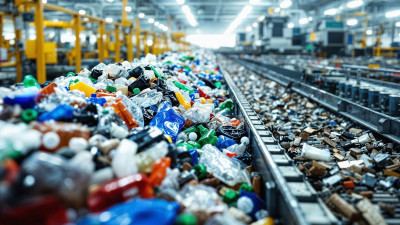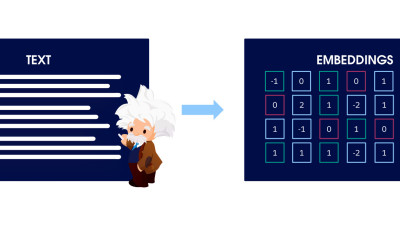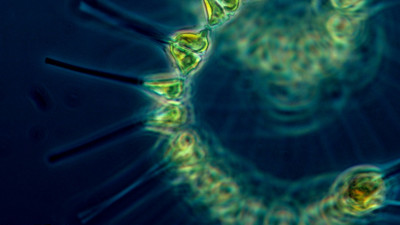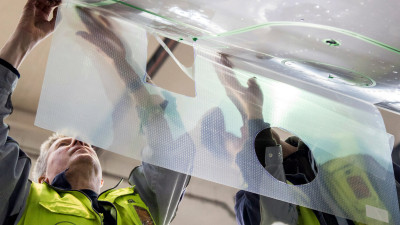A new online tool developed by the International Union for Conservation of Nature (IUCN) and social enterprise Searious Business could help stem the massive tide of microplastics entering the world’s oceans each year. The tool, dubbed Plastic Scan, allows businesses to measure their plastic emissions and provides recommendations on how to reduce impact across the textile supply chain.
Plastic Scan Ushers in New Era for Supply Chain Transparency
A new online tool developed by the International Union for Conservation of Nature (IUCN) and social enterprise Searious Business could help stem the massive tide of microplastics entering the world’s oceans each year. The tool, dubbed Plastic Scan, allows businesses to measure their plastic emissions and provides recommendations on how to reduce impact across the textile supply chain.
Want to learn more
about
Reducing Your
Brand's
Plastic Footprint?
Check out our
SB'18 Vancouver program!In addition to the over 8 million tons of plastic that end up in the ocean each year, it is estimated that thousands of microfibers enter into water systems with each laundry cycle. As a result, a recent study published by the State University of New York at Fredonia and the University of Minnesota, School of Public Health has shown that microplastics have now infiltrated global drinking water. But the issue has implications for business too — a recent EU memo has also revealed that non-recycled plastic is currently costing Europe between €70-150 billion annually.
This has prompted a global response from NGOs and key players in both the public and private sectors. Late last year the Ellen MacArthur Foundation called for a worldwide ban on oxo-degradable plastic packaging, while the European Commission and a group of European industry associations endorsed an industry-wide agreement for the prevention of microplastic release from the washing of synthetic textiles in early 2018.
Plastic Scan marks the latest effort to tackle the plastic problem. The tool was born out of a 2017 report published by IUCN, Primary Microplastics in the Oceans: A Global Evaluation of Sources, which revealed that 98 percent of microplastics present in the ocean are the direct result of land-based activities, namely the laundering of synthetic textiles. According to the report, delivering meaningful change will require analyzing the whole lifecycle of textiles and plastic products, from product design to infrastructure and household use. This is where Plastic Scan comes in.
When it comes to reducing impacts, most companies don’t know where to begin. Using the Plastic Scan tool, manufacturers, brand owners, packaging and logistics companies across industries can identify hotspots in their supply chain by measuring how much plastic waste is generated along their value chain. Based on the results, businesses receive recommendations on potential improvements to their workflow, enabling them to save money while reducing plastic pollution.
“Plastic pollution is the most pervasive problem affecting the ocean. Closing the plastic tap is becoming increasingly urgent, and we must speed up the transition to a circular economy. The Plastic Scan online tool will allow companies to better manage raw materials, significantly cutting their plastic footprint,” said João Sousa, project officer of the IUCN Global Marine and Polar Program.
The tool is now available in English, Spanish and Dutch at www.seariousbusiness.com/plastic-scan.








